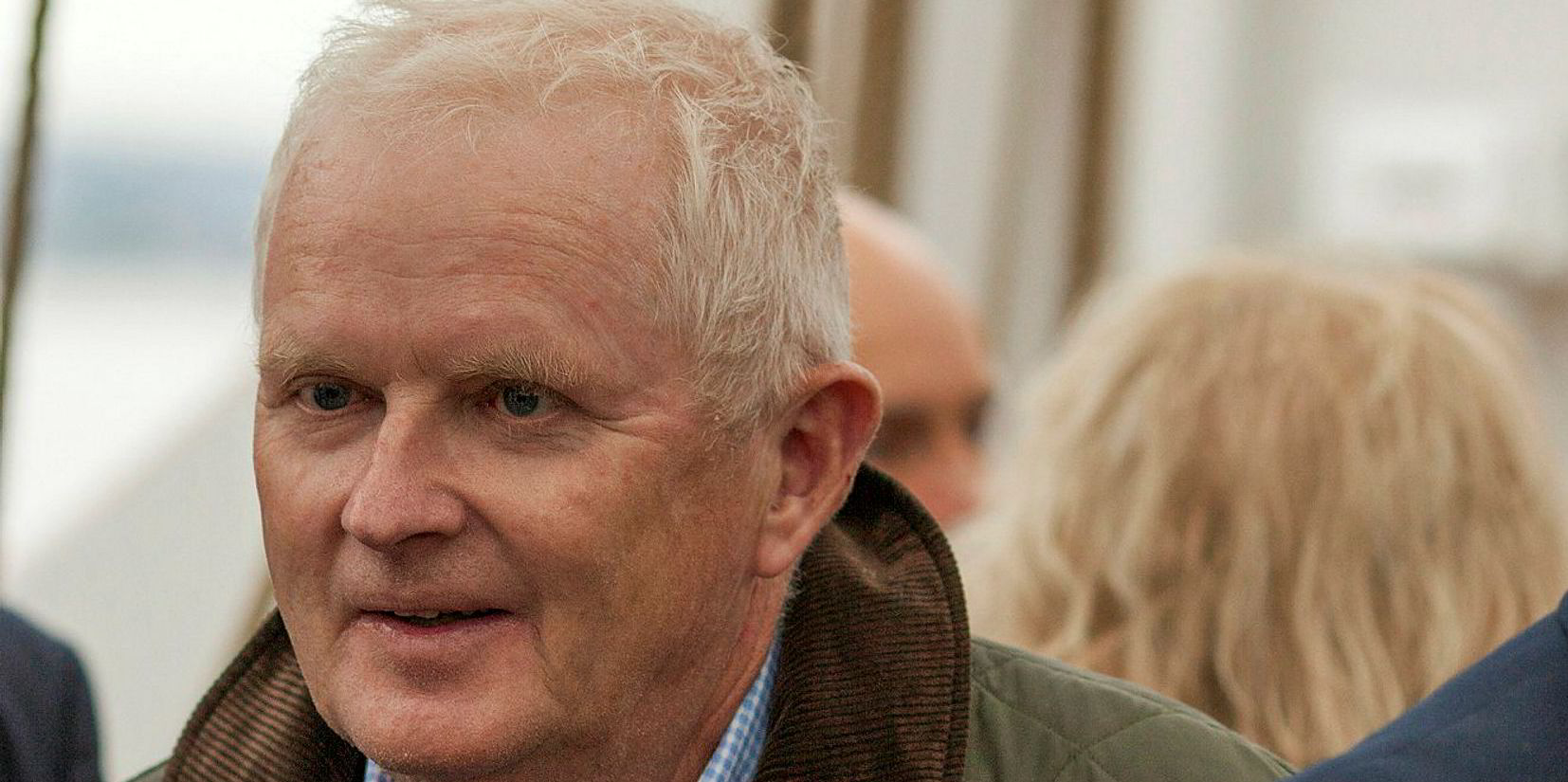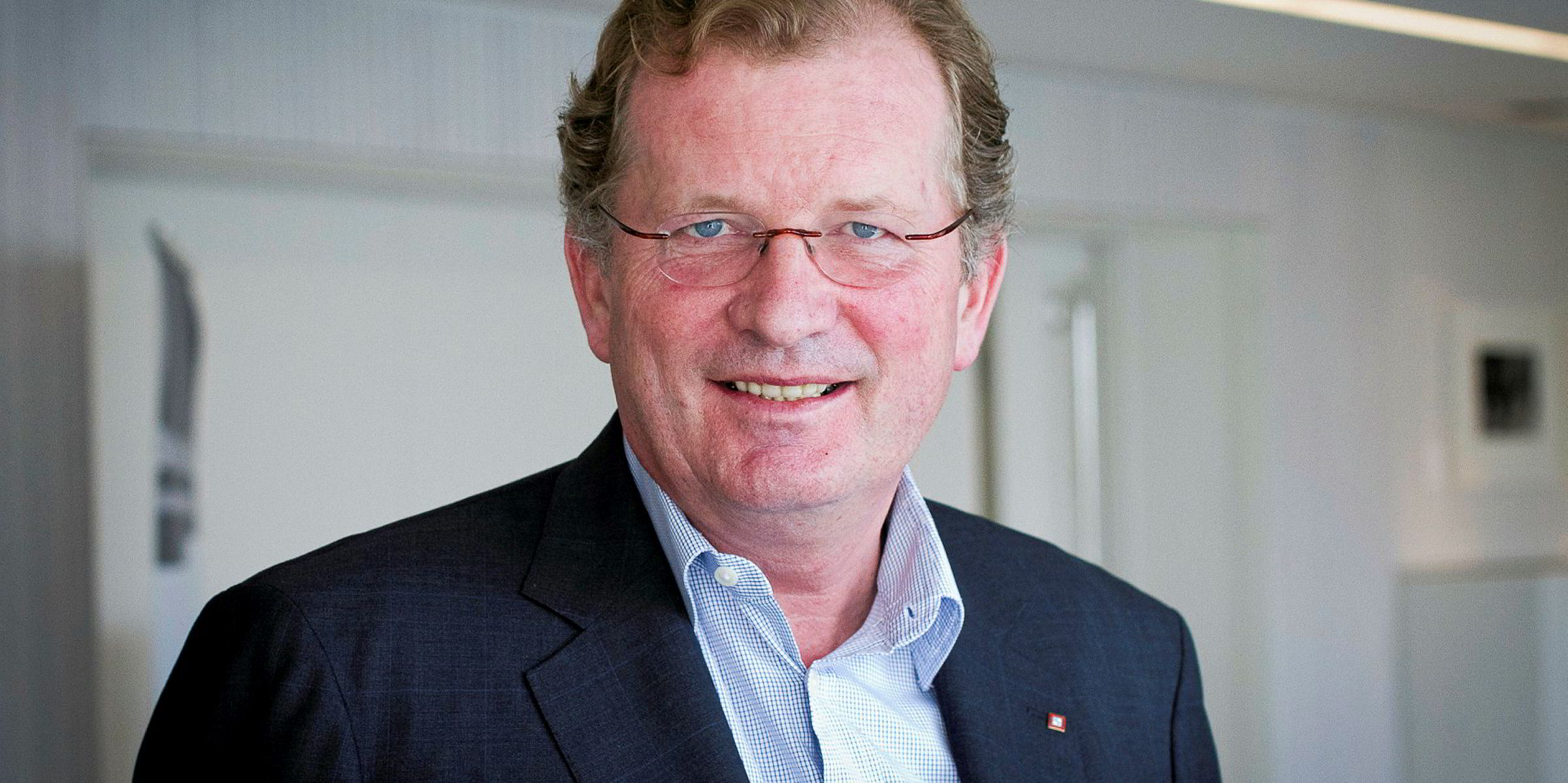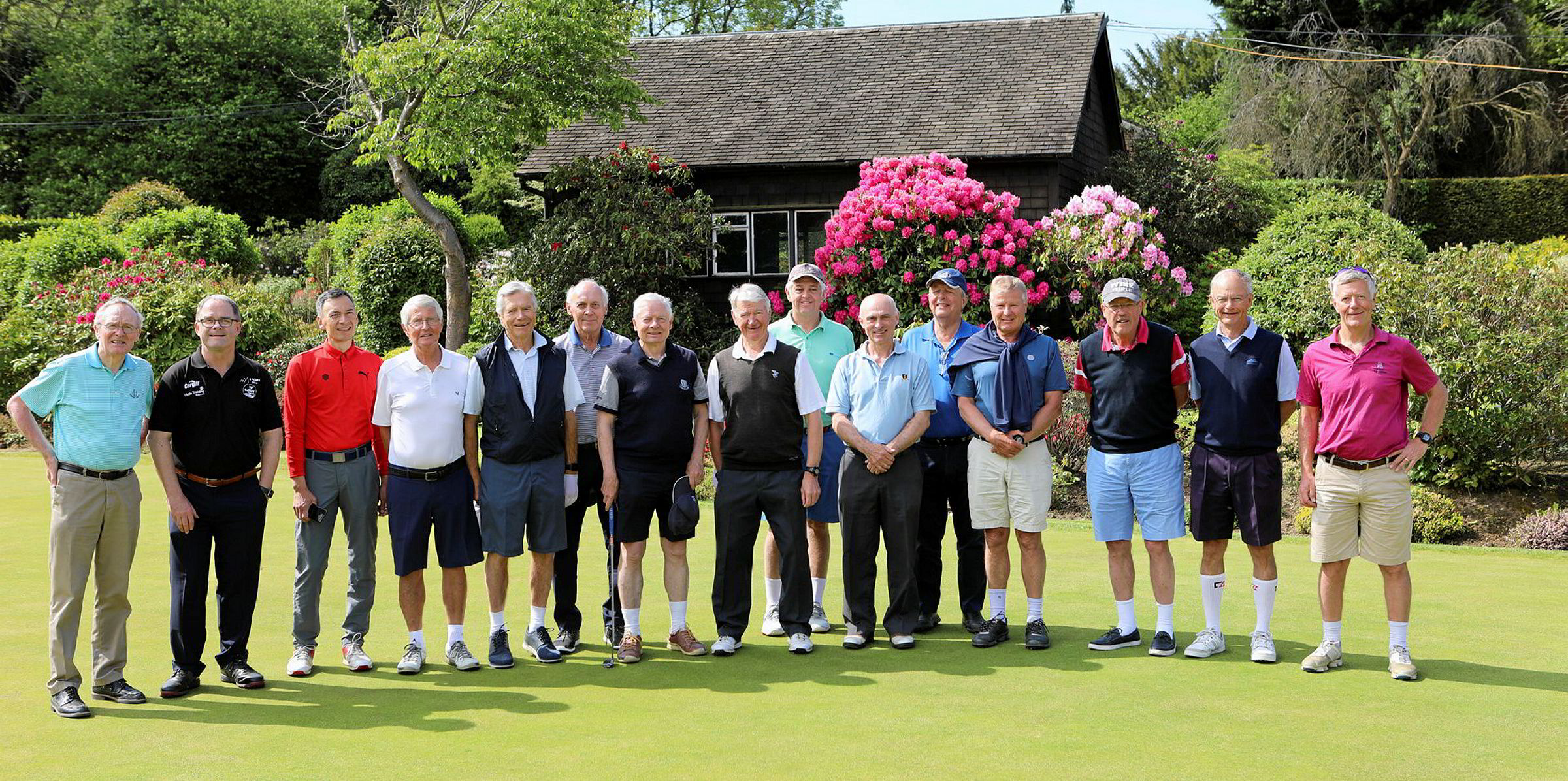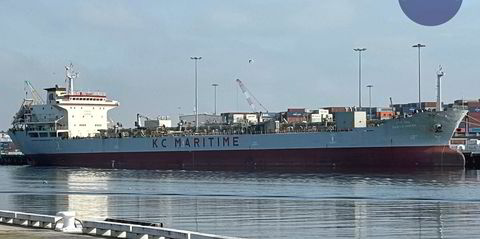Norway's Bryn Skaugen is to exit shipping by selling his stake in Massmariner, a bulker joint venture with Massoel of Switzerland.
The venture, in which Skaugen’s company B Skaugen has held a 49% stake, owns nine bulkers.
B Skaugen chief executive Martinius Skaugen, who declined to disclose the buyer of the position, said the company did not want to take part in a restructuring of Massoel.
The Norwegian company's move comes four years after it considered the bulker market to be so challenging that it wrote down the shares in the venture by NOK 60m ($6.62m) to zero.
Concentrated on bulk
Still, B Skaugen’s shipping activities have in recent years been concentrated on dry bulk.
Martinius said his company takes few risks. B Skaugen does not have debt and focuses primarily on real estate and shares, among other assets.
He does not rule out a comeback in shipping at a later stage.
In 2014, TradeWinds reported that B Skaugen had a book value of NOK 543m, which sank to NOK 308m at the end of last year.
The shares in the company are owned by Bryn and his sons, Martinius and Nicolai.
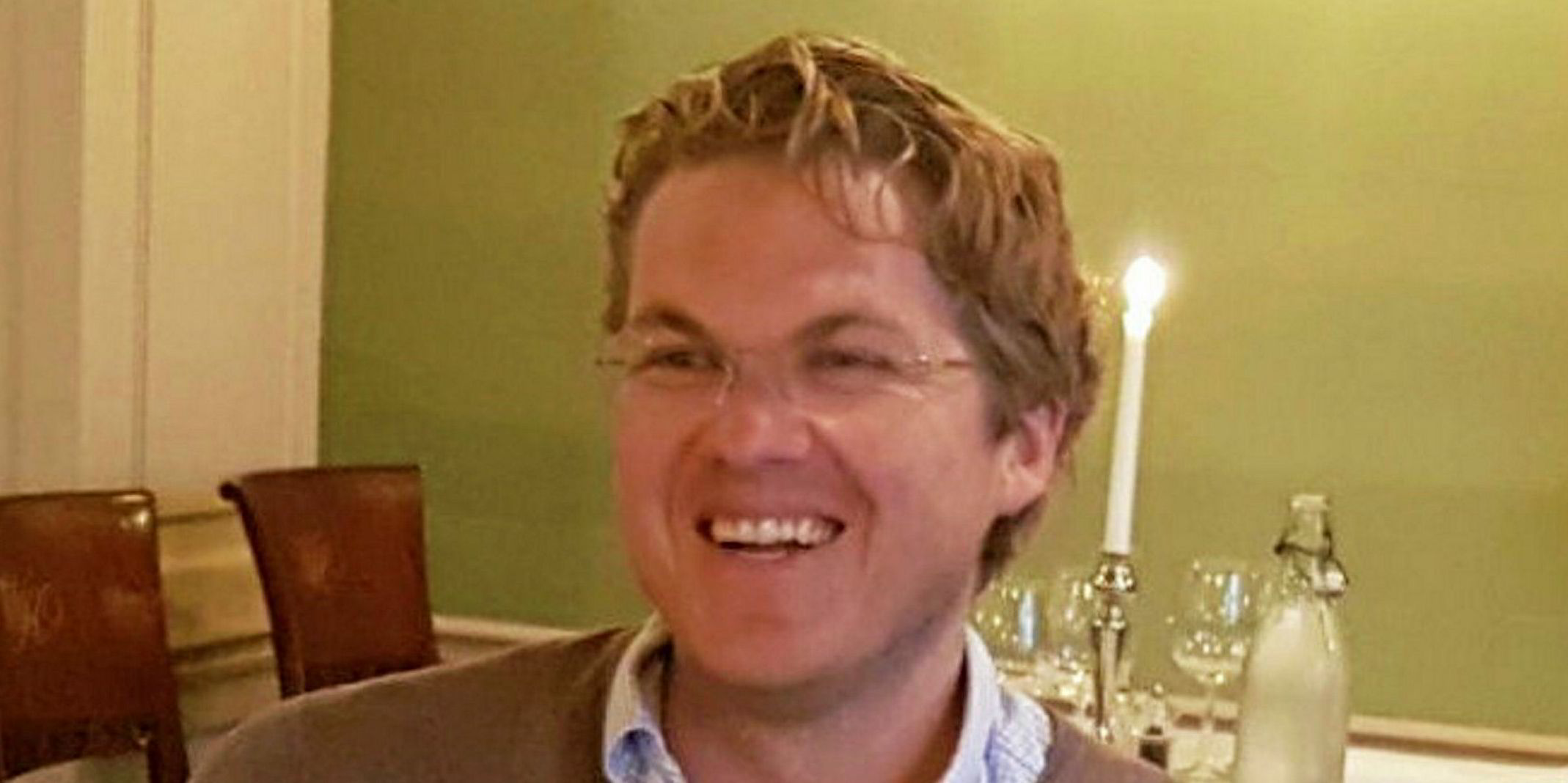
In 2014, Martinius told TradeWinds that shipping would continue to be an important part of the investments in B Skaugen.
Bryn’s cousin Morits Skaugen controlled gas tanker company IM Skaugen, which went bankrupt last year.
Asked whether the bankruptcy of IM Skaugen had any influence over B Skaugen moving out of shipping, Martinius said: “The answer is no. We split 30 years ago and have had no cooperation since then. We have been in bulk and they have been in gas.”
Founded in 1916
Martinius’ great grandfather Isak Martinius Skaugen formed IM Skaugen in 1916.
In 1975, brothers Brynjulf Skaugen Sr and Morits played a key role in developing one of the world’s leading cruiseship companies, Royal Caribbean Cruise Line.
The 1980s saw the value of IM Skaugen increase from NOK 500m to NOK 3.3bn.
In 1990, the brothers decided to split the assets amicably.
Morits decided how the assets should be split, and Brynjulf picked which side of the business would be his. He opted for privately-owned assets, including Jahre Line, which has now become Color Line. Brynjulf had declared that he wanted a more low-profile position.
